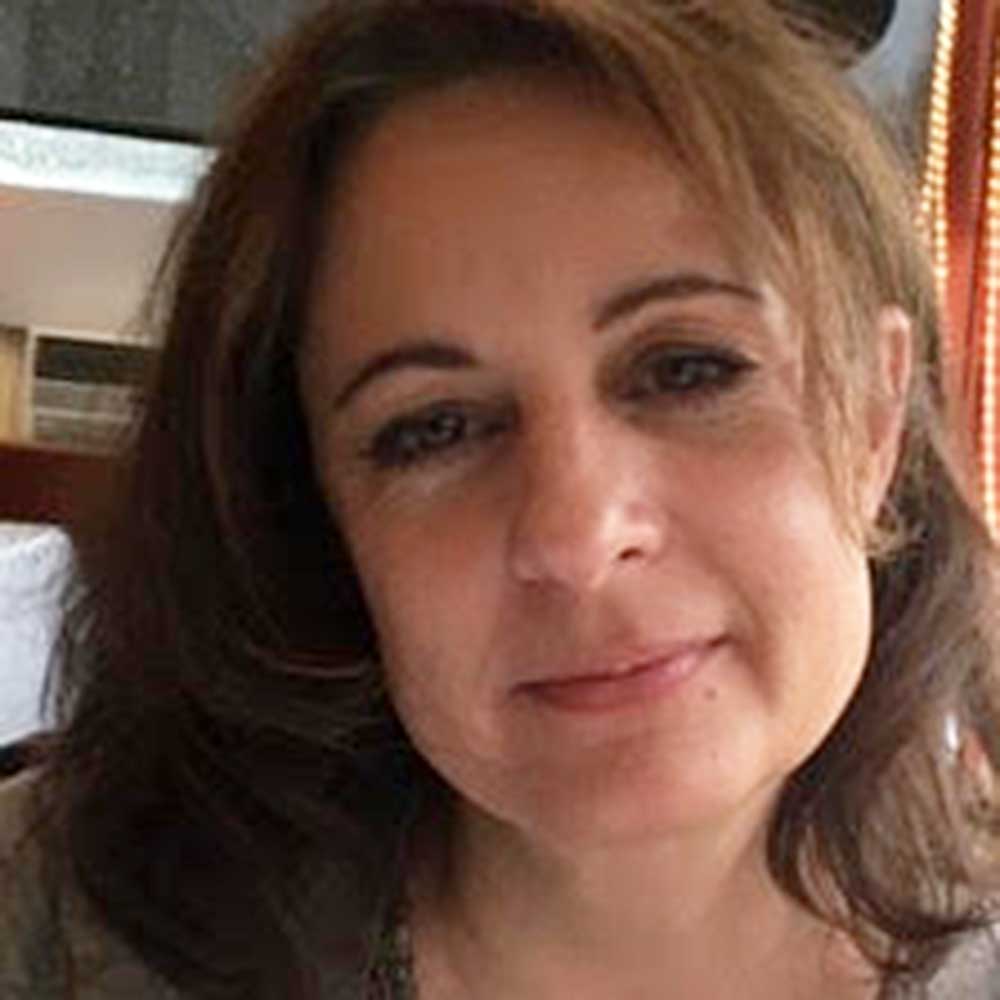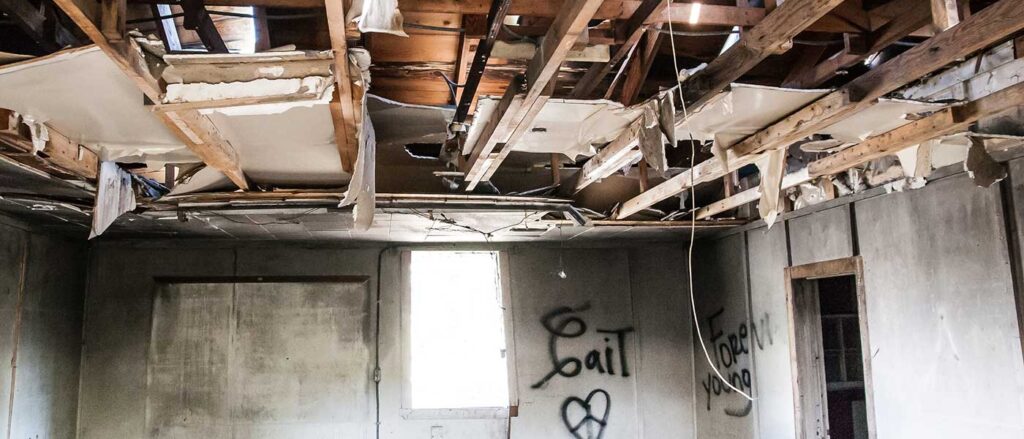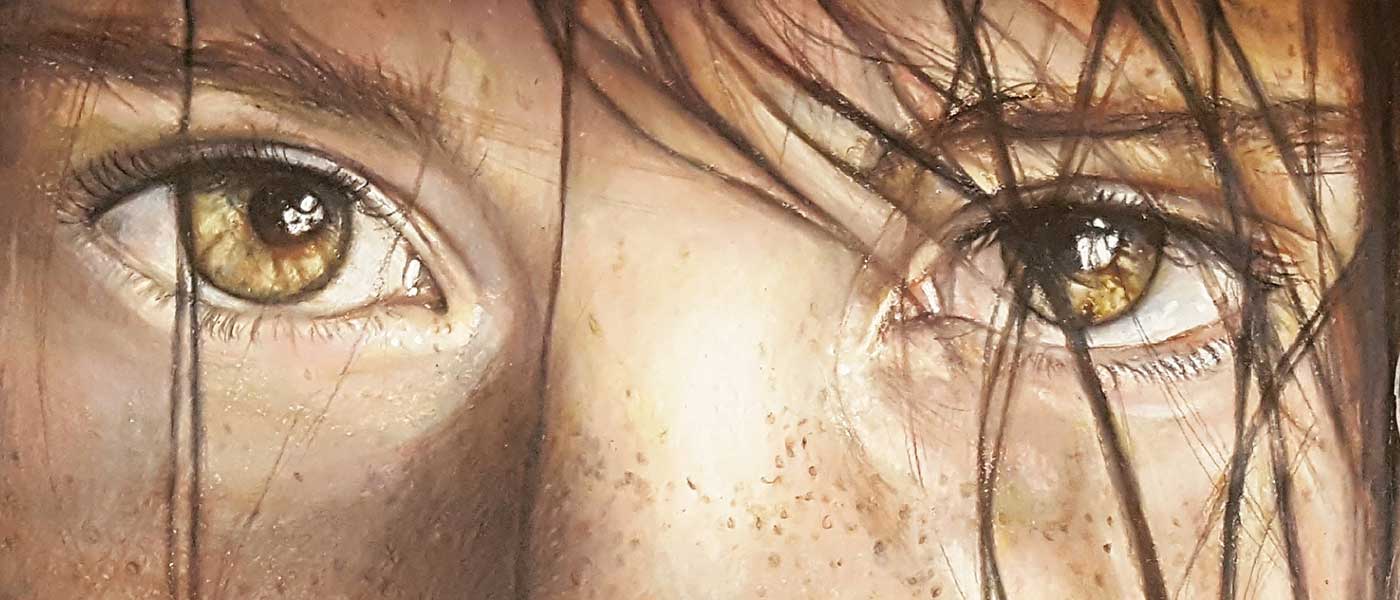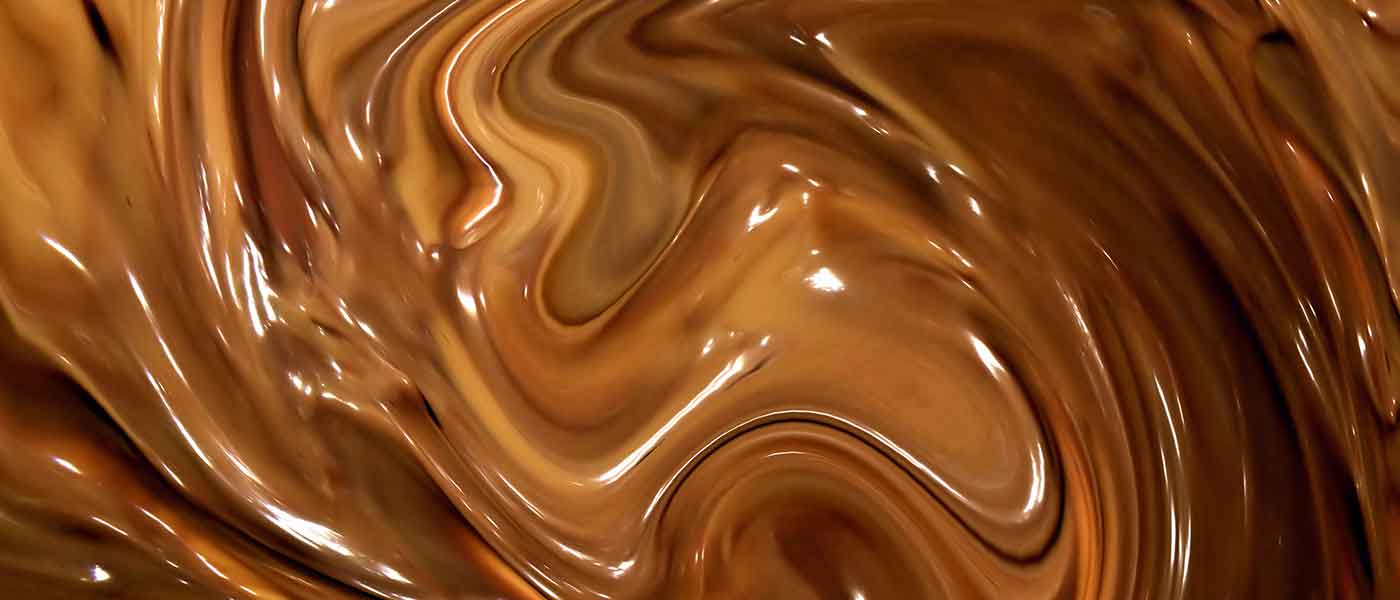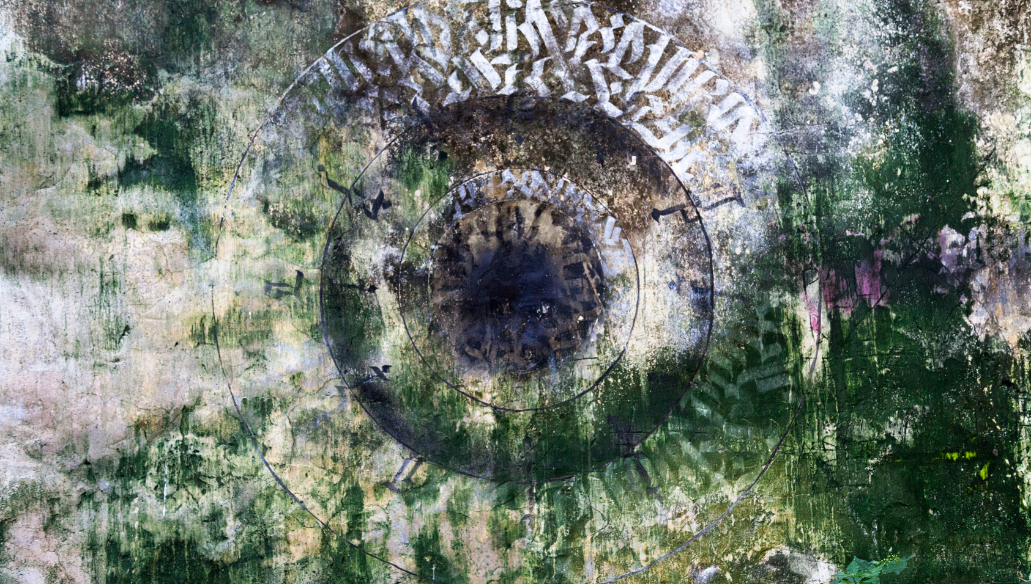It tasted lemony, a smudge of sweet acid on the tip of her tongue, hot from the sun where it had been growing until the moment she plucked it. The skin covered the softer texture inside like a gate. It snapped against her teeth with an audible crack and once she was through it, there was no going back: no way to stretch the peel back around the fruit, no pinching it in place with a finger, no putting the whole enterprise behind her, no rolling the ruined fruit to a hiding spot under a bush.
As she ate, she sensed nothing above her, although the branches of the tree towered over her and clouds slid by, proceeding as if they had recently had their wheels greased. Her senses told her that she was not contained in any way, although if one were tall enough or far enough away, one could see the high walls of the garden enclosing her.
As she ate it, the parts of her nature that she had never known unfolded, relentless as time-lapse petals springing forth: jealousy and anger, fear and grief awakened from the spell that had silenced them.
She climbed the tree and was working on her fifth or sixth apple when he came upon her. He had been trying to get the lambs to stay sleeping next to the lions without popping up and running for their mothers, and he was covered with wooly hairs and the sharp odor of irritated predators.
He looked up into the forbidden branches and saw a flash of pale hair.
“Honey? Honey, what are you doing up there?”
The branches stopped moving and a face appeared. It was her face—he knew it as if it was his own—but the eyes were glazed and she spoke to him in a rush of gibberish: “I need a timeshare condominium and some trickle down economics with freeze dried bananas or factory farm hot dogs with food-colored nuclear war, maybe a dating app or a smart bomb or at least some interior decorating with bird flu, fish ladders, wireless bras, weed killer, and ground turkey now that I’m outsourcing mass extinction to get my criminalized marijuana sex toy power bars and corporate personhood teeth whitener free with no-stir peanut butter airline rewards points and extra witness protection program electroshock therapy . . .”
“Uh oh,” he said. He looked up at her, his head bent back. From her tree limb, she reached towards him as if he were close enough to touch, moving her fingers in pity, caressing his face.
Up until this point, he had thought of her as being like the monkeys and the peaches and everything else he had named. But now he saw her as a separately-functioning, unknowable being, because what, after all, was she talking about? Nothing he could guess at. Without taking his eyes off her he called out to God, a sob rising painfully in his throat. He thought that God could put her back the way she was, the way that he himself was being trained to place the lambs back next to the lions as God liked it, everyone getting along so well.
Summoned by Adam, God’s enormous shadow fell on them and they waited in its dimness without speaking, without looking at each other.
The first thing he wanted to know was who was responsible for all the apple cores littering the ground. The man looked at the woman, she who had been dug out of his ribs and with whom he lay night after night, entering her body, the most paradisiacal part of his garden, whenever he felt like it. At God’s question, he stuck out the first two fingers of both hands like a man guiding a plane to a gate and pointed her out.
God told them that toothpaste, once squirted out, was rather hard to return to the tube. That eggs, once cracked for an omelet, could not easily be made whole again. He could not stop explaining exactly what He thought they could never understand, giving many tedious examples, and just when it seemed that all might return to normal after His emotion spent itself, He lined up despotic punishments, sweat of brow and painful childbirth, all that. He had just suggested casting them out of the garden altogether when the woman slithered down from the tree, her face smelling sweetly of apples and her gaze unfocused, gentle, as if nothing here was very real or very serious.
She spoke to God, gathering greater and greater momentum: “But what about Taser guns and microwave ovens and high heels and home security systems, let alone cesarean sections, wards of the court, frost free freezers, protein powder, threatened habitat, no fault divorce, equal pay for equal work, blood pressure medication, attachment parenting and ice cream sundaes?”
“Okay, I get it. So now you know,” He said, regarding her. “You chose knowledge over what I offered. I bet now you’ll never go back.” There was a hint of a whine in His voice, of envy, like a lover who is bitter and surprised at being rejected first.
While the two of them were speaking, the man beside them had been busily grabbing handfuls of fig leaves from a nearby tree and bringing them to his groin. He scattered a few on top of his head and held another couple across a nipple. She pursed her lips and shook her head at him, as at someone who misses the point.
Outside the garden, she could now see (had it all been there before?) mechanical cranes swinging their great arms, scurrying rockets spitting light, helicopters beating their blades madly, and black balls of smoke rising and converging and dispersing only to rise again. The knowledge was that there was no garden, no paradise after all, and that they had never cared for her, either of them. When God saw that she knew about his attempt at this little gated community, knew that He was little more than a shyster, a snake oil salesman, or worse, a voyeur, He took her newly-knowledgeable head between His large gentle hands and bashed it against the tree she had eaten from, over and over, trying to return her to innocence.
He was ashamed, afterward, and sat sullenly. Time passed. Eons. Occasionally the woman stirred. The walls decayed and things from beyond made their way into the center of the garden, moving stealthily. Animals unnamed by Adam slithered by on their bellies and gleefully bit whatever they could. The lions ate all the lambs and the days and nights were filled with screams of betrayal. Eventually, the woman rose unsteadily and staggered off. He looked up, but watched her go without stopping her. He turned his gaze to the sky, where a cloud had caught on the machinery and was now undulating listlessly, like a piece of dirty laundry. He should have started with more capital, secured more investors. Seven days was too fast to throw a paradise together, and now he was paying the price for rushing things. He had wanted something beautiful, He was sure of that, His intentions had been immaculate. He would get up soon, and go and find where Adam had hid himself and they would start again. She hadn’t been the first woman, whatever she might like to think, and she would certainly not be the last. She’s not all that, He thought, forgetting that He Himself had made her, had chosen this free-willed version over the more programmable model. He’d know better next time. Perhaps he and Adam would after all do without a woman for a while, just two bachelors watching the sunsets, littering what was left of the garden with beer cans.
At the gate, she paused and looked out, seeing hordes of birds winging desperately this way and that, dark curtains of rain hissing to the ground. Intricate, advanced buildings, now abandoned, spiraled endlessly upwards, and winds blew murderously fast, trying to scour the earth clean. Still, she felt that perhaps, if she pressed on, there might be something better? Through the dark trees there was a swift silver line, perhaps a river, and the sun shimmered in an orange penumbra, as if it might break through at any moment. She noticed a wet insect, flapping uncertainly, its lovely wings seeming to barely keep it aloft, and holding out her hand, allowed it to land.
